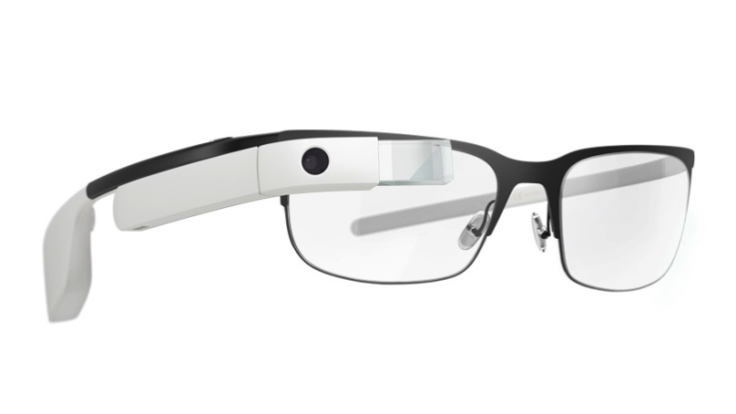Google Glass 2.0 quietly given to businesses as doubts over consumer launch remain

Three years on from launching Glass by parachuting it into a San Francisco convention centre, Google is taking a much quieter and refined approach with the second generation of its futuristic wearable. Called the Enterprise Edition, Glass 2.0 is currently being distributed to businesses in healthcare, manufacturing and energy.
Google Glass 2.0 bares more than a passing resemblance to its predecessor, insiders claim, but can now be folded to make storage easier and instead of having its own wire frame, Glass 2.0 attaches to different glasses. Google is pitching the product exclusively to businesses rather than the general public, and is steering well clear of the publicity generated by the first model.
Sources familiar with Glass 2.0 told the Wall Street Journal that Google has no plans to officially launch the new device. Instead, it is being distributed (for an unknown price) to software developers within industries like manufacturing and healthcare, where it's forward-facing camera and heads-up display will be more useful than in the consumer space. The insiders said Google's plan is to have devices up and running in business environments by the autumn.
Privacy issues
The quieter approach this time around is in stark contrast to the launch of the first Glass, known as the Explorer Edition. Put on sale for £1,000, the headset was claimed to be the next must-have gadget and would become as ubiquitous as smartphones. But widespread privacy issues with how the point-of-view camera could be used without anyone noticing - along with terrible battery life, a tendency to overheat, and a user experience far less impressive than Google's promotional videos would have punters believe - each put a nail in Glass' coffin.
Glass was pulled from shelves at the start of 2015, with Google itself admitting it had made mistakes with how the product was marketed. Astro Teller, head of the Google X lab which created Glass, said in March that giving developers and fans access to Glass through the Explorer programme was a good move, but too much attention led to its ultimate failure.
"We made one great decision and one not-so-great decision," teller said in a keynote speech. "The former was selling Glass to developers and die-hard Google fans before gearing up for a general release to the public, which ultimately never happened. The latter: We allowed, and sometimes even encouraged, too much attention to the programme."
As recently as late 2014, the sources said, Google was planning a revamped consumer version; the company had bought or leased real estate in several cities for stores to sell the device, they claim, but these plans were scrapped in December.
Previously reported, the new version of Google Glass has a faster Intel processor, and better battery life from a pack which connects magnetically.
© Copyright IBTimes 2025. All rights reserved.






















